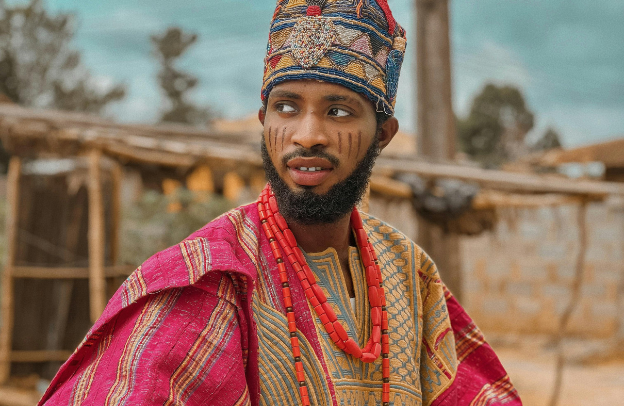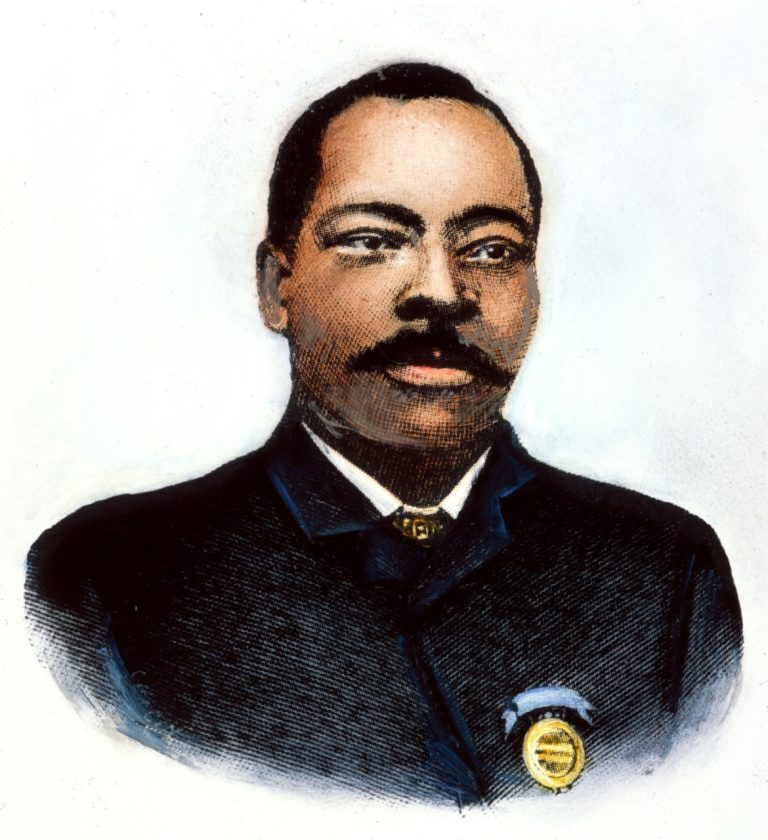5 Proven Strategies to Build a Culturally Authentic Brand: Tips on Showcasing Heritage While Appealing to a Global Audience

What does it mean to truly own your story? How do you build a brand that is both deeply rooted in your heritage and resonates with a global audience? As an African creative entrepreneur, these questions might keep you up at night — not because you don’t have the answers, but because the stakes are high. You know the power of your culture, your history, and your community. But how do you showcase it in a way that attracts the right audience without losing its authenticity? Is it even possible to blend rich cultural narratives with the universal appeal that today’s global market demands?
Want to learn more about storytelling? Start by downloading the first chapter of The Storytelling Mastery.
The African diaspora is vast and diverse, yet it shares a common thread: the richness of its cultural heritage. As a creative entrepreneur, tapping into that heritage not only sets your brand apart but also connects you to a global network of like-minded individuals who value authenticity.
In this article, we will explore five proven strategies to build a culturally authentic brand that honors your roots while appealing to a worldwide audience.
These strategies are informed by the journey of Obehi Ewanfoh, a storyteller, writer, and advocate for reclaiming African identity in a globalized and interconnected world.
1. Own Your Story — The Foundation of Cultural Authenticity
To build a brand that stands out, you must first own your story. You might wonder: What does owning your story really mean? It’s about recognizing the value of your personal and cultural experiences and using them to craft a narrative that is uniquely yours.
For creative entrepreneurs from the African diaspora, this means embracing the richness of your background — whether it’s the traditions, the struggles, or the triumphs — and letting that narrative shape how you present your business to the world.
See also The Continuous Learning Edge: How Creative Entrepreneurs Can Thrive in a Rapidly Evolving Market
Obehi Ewanfoh’s journey is a perfect example of this. His story begins in Uromi, Nigeria, where he penned his first book, Round My Mind, in his early teens. This early experience in writing laid the foundation for his lifelong passion for storytelling.
Over the years, Obehi has authored more than ten books, including The Storytelling Mastery series, a five-part book series, and created a platform that celebrates the African diaspora through his podcast and media work.
His narrative is one that is deeply connected to his roots in Uromi and Esan culture, in Nigeria, yet it speaks to a much broader global audience interested in understanding African culture, identity, and experiences.
When you own your story, you’re not just selling a product or a service — you’re selling an authentic piece of yourself. And in today’s market, authenticity is more than just a buzzword. It’s what helps you create a genuine connection with your audience.
Practical Tip:
Start by reflecting on your personal and cultural story. Write down key moments in your life that have shaped who you are as a creative entrepreneur. Think about how these experiences can connect with your audience and weave them into your brand’s narrative.
This is what Obehi does through his content, including his podcast “Obehi Podcast” and book writing.
2. Integrate Your Heritage into Every Aspect of Your Brand
As you begin to own your story, it’s crucial to integrate your cultural heritage into every aspect of your brand. Your heritage is not just something that informs your work but something that should be reflected in your business’s ethos, mission, and aesthetic.
See also The Power of Authenticity: Building Trust Through Storytelling in Tourism Campaigns
The key is to blend authenticity with universal appeal — showcasing your roots without isolating potential customers or clients from other backgrounds.
Look no further than Obehi’s work with Creating the Blackness of Africa, a documentary that won an award at the Verona African Film Festival in 2011. The documentary aimed to challenge simplistic views of African identity by showcasing the complexities of the continent’s people, culture, and history.
It’s a perfect example of how heritage can be presented in a way that’s both deeply personal and globally resonant. Through his platform, Obehi has made it clear that showcasing the richness of African culture can attract not only African audiences but also those from all walks of life who are looking to learn and engage with diverse cultures.
By integrating elements of your heritage — be it language, art, music, or traditions — into your brand, you create an emotional resonance that can appeal to a global audience. But be mindful: it’s not just about slapping cultural symbols onto your brand.
It’s about deeply understanding the significance of those elements and thoughtfully incorporating them into your storytelling.
Practical Tip:
Identify specific cultural elements that represent your brand’s values and mission. Consider incorporating African-inspired design elements, such as color palettes or patterns, into your logo and product packaging.
Your website’s tone and content should reflect your culture’s storytelling traditions and values, inviting your audience to connect with you on a deeper level.
3. Find Universal Themes in Your Cultural Story
One of the challenges of building a culturally authentic brand is ensuring that your story resonates not just with your local or cultural community but with a broader, global audience.
This is where universal themes come into play. Even the most culturally specific experiences can connect with people on a universal level when framed in a way that speaks to shared human values and emotions.
Obehi has excelled at this by addressing universal themes such as identity, resilience, and empowerment through his podcast, The Obehi Podcast. His show covers a range of topics — from agribusiness to spirituality — but always ties them back to the larger themes of empowerment, personal growth, and cultural preservation.
You might also like The Power of Group Cultural Tourism to Build Deeper Connections Among People of the African Diaspora
His ability to address universal issues through the lens of African identity allows him to reach audiences both within and outside the African diaspora.
As you develop your brand’s narrative, think about the universal themes within your cultural story.
- Is it about overcoming adversity?
- Celebrating family and community?
- Pursuing self-expression or authenticity?
By framing your cultural story in terms of these universal themes, you’ll find that it resonates with a wide range of people, regardless of their background.
Practical Tip:
Identify three to five universal themes that are central to your cultural story. Consider how these themes can be communicated in your marketing materials, social media posts, and brand messaging.
4. Leverage Digital Media to Amplify Your Brand’s Cultural Narrative
In today’s digital age, creative entrepreneurs from the African diaspora have a unique opportunity to amplify their stories and brands to a global audience. The internet, social media, and digital platforms like podcasts and YouTube provide an unparalleled opportunity to tell your cultural story far beyond the confines of your local community.
Obehi’s use of digital media has been key to his success. Through his Obehi Group and his podcast, he has been able to build a robust platform that engages global audiences interested in African culture, identity, and storytelling.
His use of digital platforms has allowed him to expand his reach far beyond Italy, where he currently resides, and connect with people from all over the world who are interested in African narratives.
For African creative entrepreneurs, digital media offers an unprecedented way to expand their brand’s influence. Whether you’re creating a podcast, a YouTube channel, or a blog, the possibilities are endless.
The global nature of digital platforms means that your story has the potential to be heard by a much wider audience than traditional media ever could.
Practical Tip:
Choose the right digital platforms for your brand. If you’re a storyteller, consider starting a podcast like Obehi’s or creating YouTube videos to engage with your audience.
See also Seven African Lessons About Self-Preservation
Utilize social media to share content that connects your cultural story with global trends. Ensure that your digital presence is consistent with your brand’s core message and cultural authenticity.
5. Engage with Your Audience — Build Community Around Your Brand
A strong, authentic brand doesn’t just sell products or services — it builds a community. This is where the true power of your cultural story lies. By engaging with your audience and fostering a sense of belonging, you create a brand that’s not just about you but about the people who connect with your story.
Obehi has excelled at building a community through his nonprofit, Evideos Association, which documents African experiences in northern Italy. His focus on preserving African narratives and creating spaces for dialogue and interaction has helped him build a loyal, engaged following.
Similarly, the African diaspora community is known for its strong sense of solidarity and shared cultural experiences. As a creative entrepreneur, tapping into this sense of community is essential for your brand’s growth and sustainability.
Practical Tip:
Create opportunities for your audience to engage with your brand and each other. Use social media to start conversations, share user-generated content, and foster a sense of belonging. Consider hosting virtual events, webinars, or live Q&A sessions to deepen your connection with your audience.
Conclusion: Building a Culturally Authentic Brand in a Global World
Building a culturally authentic brand that resonates with a global audience requires a balance of honoring your heritage while connecting with universal values. By owning your story, integrating your cultural heritage into your brand, finding universal themes, leveraging digital media, and building a community, you can create a brand that is both deeply personal and globally appealing.
The African diaspora represents a vast and growing market with tremendous potential. According to a 2021 report by the African Development Bank, the African diaspora has over 200 million members worldwide and contributes billions of dollars annually to global economies.
This market is not only lucrative but also rich in cultural diversity and creative potential. By embracing your unique story and culture, you have the opportunity to tap into this powerful and growing market.
Obehi Ewanfoh’s journey serves as proof to the power of cultural authenticity in building a brand that transcends borders. Whether you’re an entrepreneur in agribusiness, travel, or digital media, the strategies outlined in this article can help you build a brand that speaks to both your roots and your global audience.
So, take a step forward — own your story, integrate your heritage, and let the world hear your voice.
Want to learn more about storytelling? Start by downloading the first chapter of The Storytelling Mastery.





